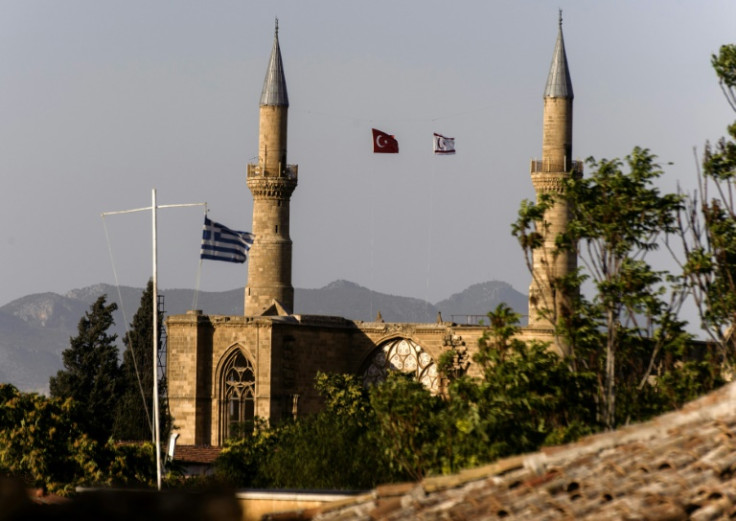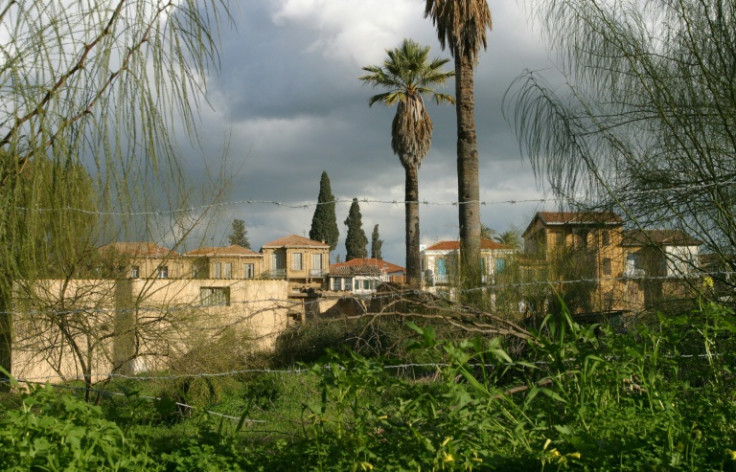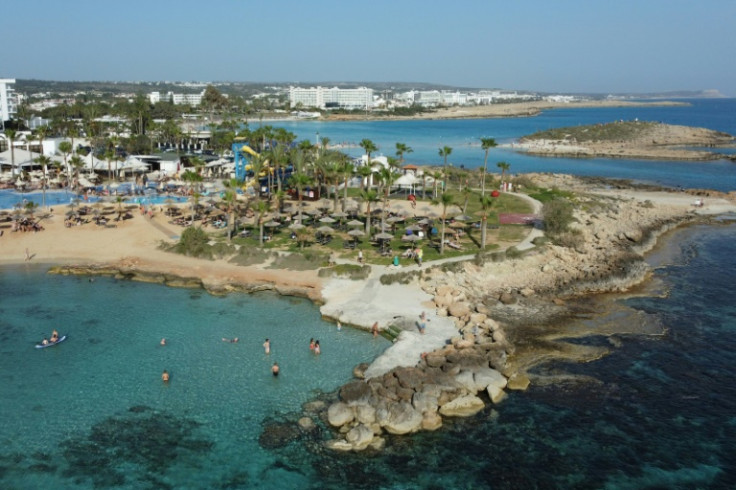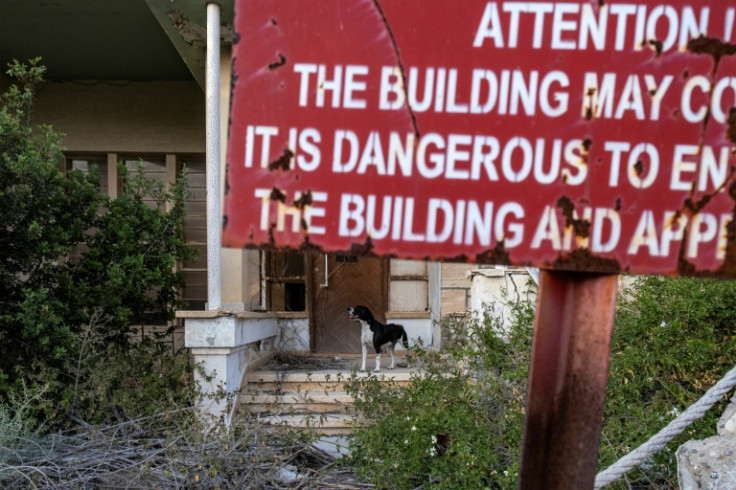
The eastern Mediterranean island of Cyprus has been divided along ethnic lines since Turkish troops invaded its northern third in 1974.
The internationally recognised Republic of Cyprus, which controls the Greek Cypriot southern two-thirds of the island, is a member of the European Union.
Here are five things to know about Cyprus:
Cyprus is the mythical birthplace of the Greek goddess of love Aphrodite, who, legend has it, rose out of the foam near the ancient city of Paphos.
The island's strategic location at the crossroads between east and west has made it a target for a succession of empires from the Assyrians and early Greek settlers to the British.
It was given by Roman general Mark Anthony to his Egyptian lover Cleopatra and used by England's King Richard the Lionheart as a staging post during the Crusades.
For 300 years, it was part of the Ottoman Empire before the British took control in 1878. After an insurgency by fighters seeking union with Greece, the British granted Cyprus independence in 1960.
Turkish troops invaded and occupied the northern third of the island in 1974 in response to a coup sponsored by the military junta that ruled Greece at the time.
Ankara's intervention followed a decade of intercommunal tension and violence between the Greek majority and the Turkish minority and the deployment of UN peacekeepers.
Cyprus joined the European Union in 2004 still a divided island. Greek Cypriot voters had rejected a UN reunification plan that was approved by Turkish Cypriots in a simultaneous referendum.
A new UN-backed peace push was launched in 2008 but collapsed in 2017.
With its year-round sunshine, sandy beaches and crystal-clear waters, Cyprus has long been a holiday destination.
Around 3.8 million tourists visited in 2023.
Before the division, the international jet set graced the beaches of Famagusta on the east coast. Actress Sophia Loren owned a house there, and it was a favourite of Elizabeth Taylor and Richard Burton.
On the south coast, the largest casino resort in Europe opened in July 2023, with the authorities hoping it will attract an extra 300,000, high-spending tourists annually.
Cyprus is home to a large Russian diaspora, especially Limassol on the south coast, nicknamed "Moscow on the Med".
It has faced allegations that it has been a hub for Russian money-laundering enabling oligarchs to bypass Western sanctions.
It has cracked down on those named by the United States and Britain for allegedly helping Russians to evade sanctions imposed over the Ukraine war.
As the EU's easternmost member, Cyprus has been heavily affected by the exodus of refugees from Syria since civil war erupted in 2011.
EU figures show Cyprus has the highest number of first-time asylum applications relative to population in the 27-member bloc.
Five percent of the 915,000 people living in the south are asylum seekers.










